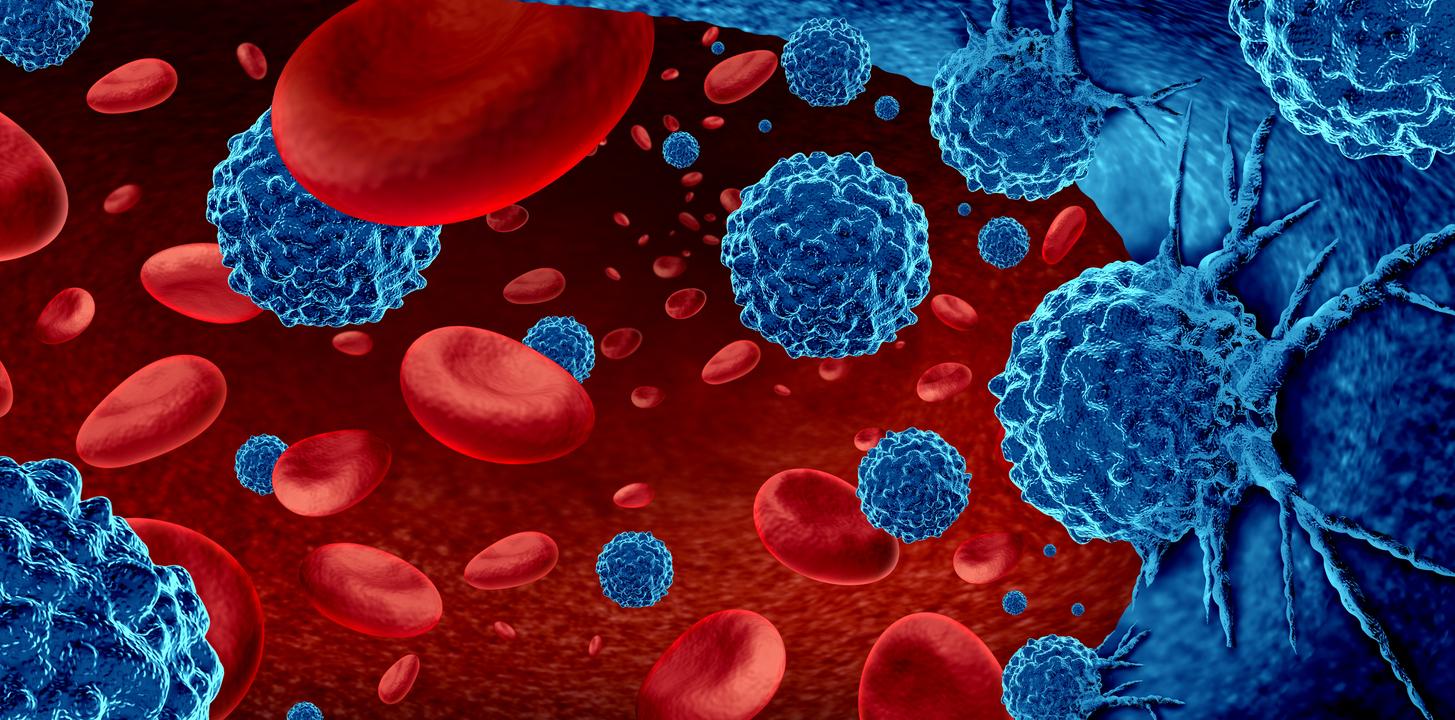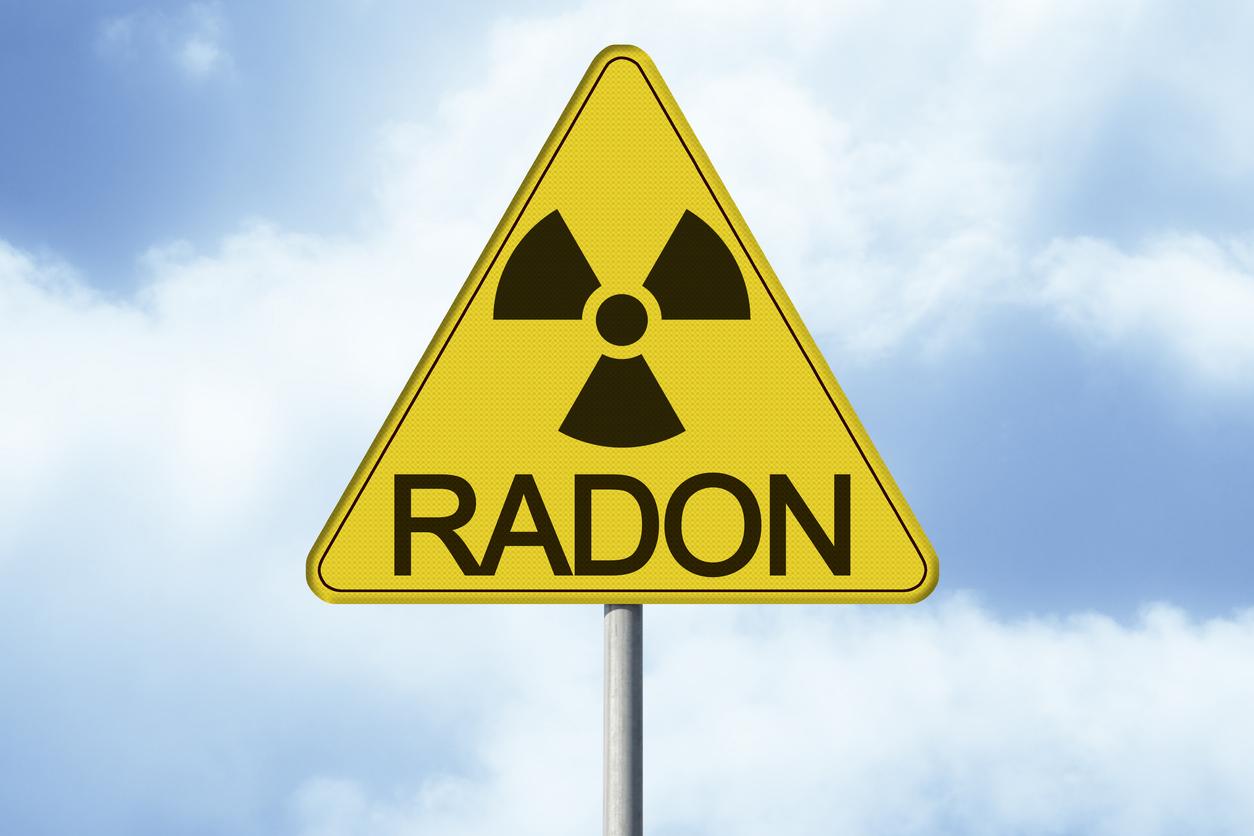An American pharmaceutical laboratory has alerted the health authorities to the presence of benzene in sunscreens, a carcinogenic chemical which can in particular cause blood cancer.

- Benzene is used in the manufacture of certain plastics, rubbers, dyes, detergents, drugs and pesticides.
- Not all sunscreens contain benzene, proof that this carcinogenic product is not essential for the manufacture of sunscreens.
- The FDA, American health authority, is studying the use of this product for sun protection.
Summer is coming and sunburn is never far away. To avoid them, you have to protect yourself well because these skin burns are never harmless. For this, the best is to apply sunscreen. But there too, there can be danger. The best is always to buy a new one and not to reuse those of the previous year because it is often less effective.
Benzene, a toxic product
Even if a new protective cream is used, the health risk is not zero. Indeed, some compounds are found in the blood. Recently, the American pharmaceutical laboratory Valisure, which verifies the quality of medicines and health products, warned of the presence of benzene in many sunscreens. However, this chemical compound, which the laboratory discovered in 78 sun protection products, is carcinogenic. Exposure to high levels of benzene causes cancer in humans, particularly blood cancer, including leukemia. The laboratory thus alerted the Food and Drug Administration (FDA), the American health authority.
Benzene is a colorless or light yellow liquid that forms naturally but is also produced by human activities. It is found in particular in automobile emissions. Burning coal and oil can also release benzene into the air. This product is used in the manufacture of certain plastics, rubbers, dyes, detergents, drugs and pesticides.
A situation to be regulated
Given the toxicity of benzene, the authorities limit its use in essential products that cannot be produced without it, to very low doses. In the case of sunscreens, the limit is 2 parts per million (ppm). Among the products studied by the Valisure laboratory, fourteen of the products, or 5%, contain benzene at higher levels. Almost all of the 14 sunscreen products with benzene levels above 2 ppm were sprays, but the chemical also appeared in sunburn lotions and gels. “The presence of this known human carcinogen in products widely recommended for the prevention of skin cancer and which are regularly used by adults and children is very troubling.”, said David Light, founder and CEO of Valisure, in a press release published on May 25.
The laboratory asked the FDA to study the need to use benzene in sunscreen products. Indeed, the presence of this product was not detected in all the sunscreens tested. Its use therefore does not appear to be “inevitable”, as the FDA stipulates to justify its presence in certain products. “It is essential that regulators address benzene contamination of sunscreens so that all individuals feel safe using sunscreen products.e,” Christopher Bunick, an associate professor of dermatology at Yale University, said in the statement.
FDA to study use of benzene in sunscreen
Valisure is also calling on the FDA to set a limit for the levels used in pharmaceuticals in standard situations. She also wants to have a threshold limit of exposure in a single day. “The FDA takes seriously any safety concerns raised about the products we regulate, including sunscreens. As the agency assesses this issue, we will continue to monitor the sunscreen market and manufacturing efforts to help ensure the availability of safe sunscreens for U.S. consumers.”, reacted the FDA to LiveScience.
.















